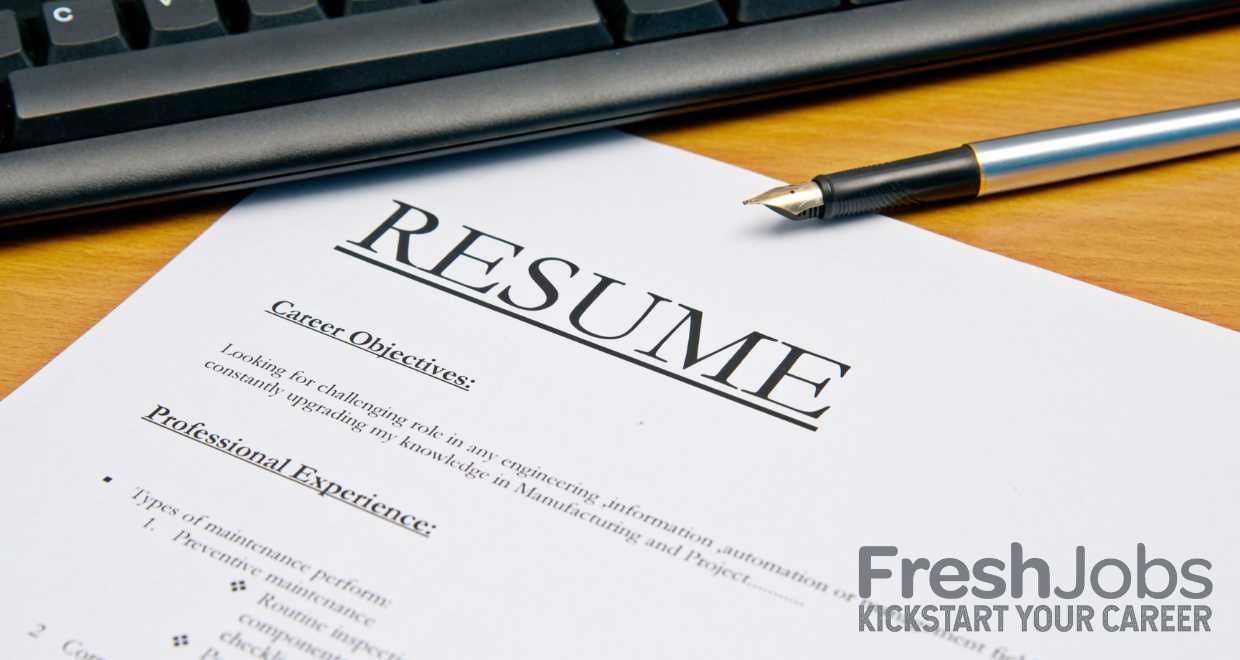1. Using irrelevant information
For example, it is not important that you played tennis from 2006-2009, this information is useless to any future employers.
Including non-academic or non-professional experience is only useful in two situations:
- If it was for a long period of your life
- or if it was recent and affects your current position.
Using irrelevant information for the job you’re applying for, wastes time and more importantly, clogs up space on your resume.
2. Spelling mistakes or bad grammar
Spelling mistakes or bad grammar are things that can prompt people to make untrue assumptions about you. This immediately suggests that you’re sloppy and that you lack attention to detail which is not what you want.
Make sure to spell-check your whole resume before submitting it.
3. Incorrect information
Society has convinced us that it is ok to ‘fudge’ a little on your resume or exaggerate to make yourself sound better.
While selling yourself is important, be sure you’re including facts on your resume. Misleading your employers is a risk as this could imply you’re more equipped for the job than you are.
It is important to be honest, so you’re able to find the right job for you and don't get caught lying.
By avoiding these common mistakes your resume will better reflect you and will set you up for the job you’re ready for.

